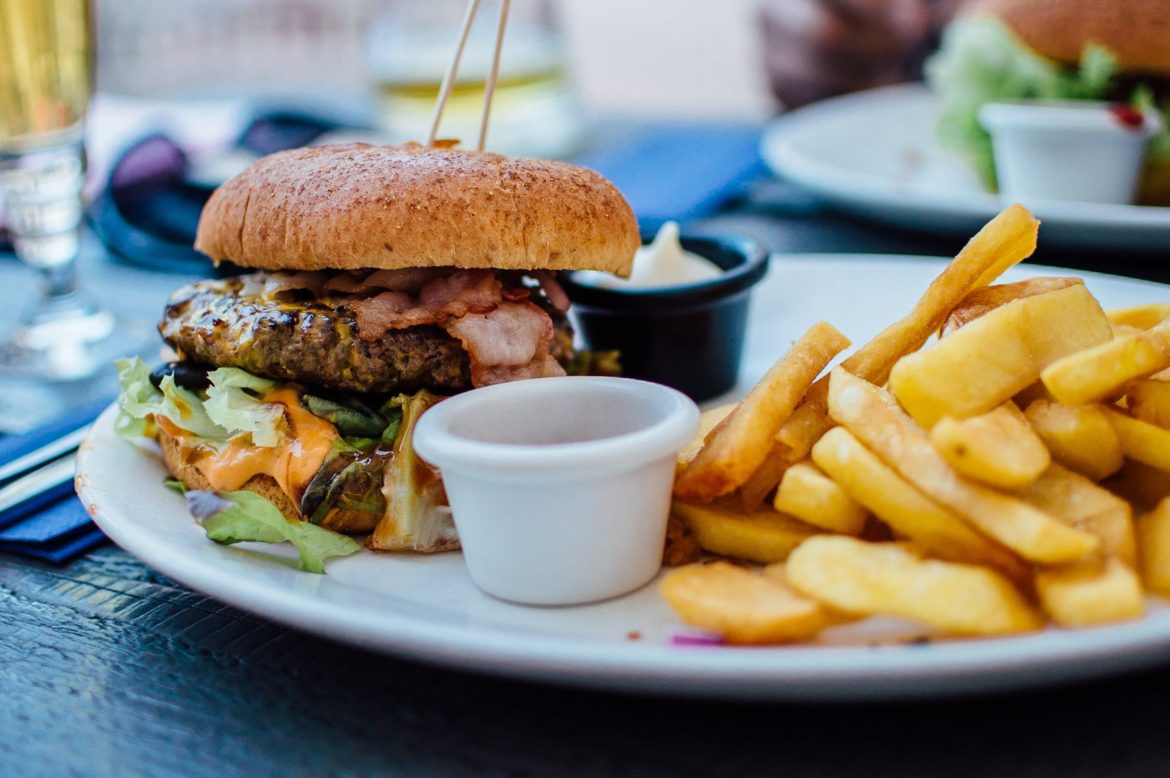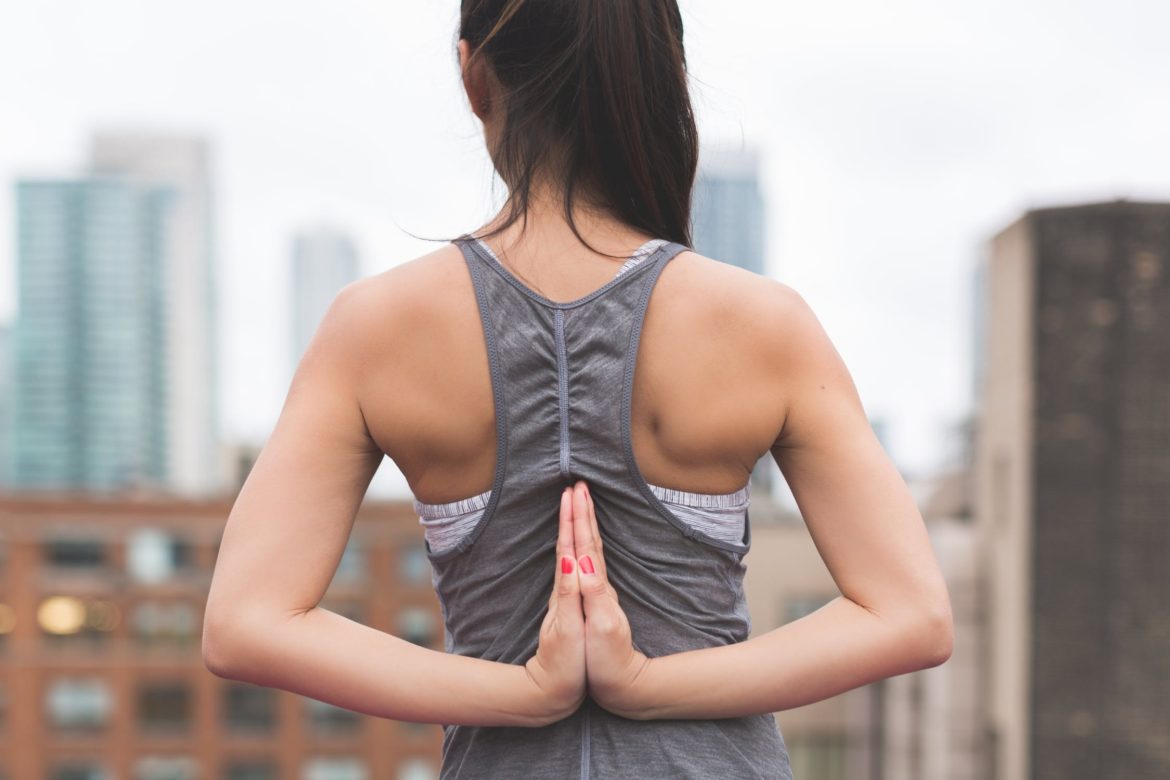You’ve probably heard of one of the hottest supplements around right now — kava, which is an all-natural evergreen shrub whose roots you can ingest in tea, or capsules, or as a liquid supplement.
There are now almost 100 kava bars in the U.S., and people are increasingly turning to it as an all-natural way of relieving anxiety (and more).
So let’s take a quick look at the good and the bad.
THE GOOD:
The key active ingredient in kava is kavalactones, and numerous academic studies suggest this ingredient can help with symptoms of anxiety and insomnia, while protecting neurons from damage.
One of the most impressive research studies showed that 26% of patients with moderate to severe anxiety disorder showed complete remission of symptoms in a 6 week double-blind study, compared to only 6% of those taking a placebo.
Even better?
Research suggests it’s not habit-forming, and scientists haven’t found risk for the kind of bad withdrawal symptoms you can get from anti-anxiety drugs.
Then there’s the fact that, for many, it offers instant relief from anxiety.
One writer found it a “milder, prescription free version of a Xanax”, and another says it made them feel incredibly physically relaxed while maintaining mental sharpness. Something Xanax isn’t exactly known for.
In fact, that combo is what makes it so appealing for some. Since kava doesn’t directly affect the central nervous system, it doesn’t seem to impair your judgment (although it does affect your motor coordination and reflexes, so you should NOT drive on it).
Dr. Axe has a good rundown of some other potential benefits from kava (that still must be studied further). Among them: it might help fight cancer, it could boost the immune system, and promote better sleep.
In the good nutshell, kava is proven to reduce symptoms of anxiety, often does so immediately, doesn’t seem to have habit-forming potential (and the terrible withdrawal), is all-natural, doesn’t affect your immediate judgment, and seems to have other medicinal qualities.
What’s not to love?
Primarily, one very bad, but rare, potential side effect.
THE BAD:
France, Switzerland, the UK, and Canada have all banned kava.
Why?
It all comes down to the liver. There have been a number of reports of liver toxicity (a 57 year old woman died of acute hepatitis after loading up on kava supplements), and there have been a number of other users experiencing toxicity leading to liver transplants.
All of these cases were traced directly to kava consumption; not co-morbid conditions.
WebMD, which is not prone to hyperbole, actually deploys a CAPS LOCK, when discussing kava’s potential effects on the liver.
There are some BIG safety concerns about kava.
Particularly, kava consumers have to be especially careful if they’re taking other medications that affect the liver.
And a lot of medicines are broken down in the liver.
Healthline explains why this is bad.
“The liver enzymes that break down kava also break down other drugs.
Thus, kava can tie up these enzymes and prevent them from breaking down other drugs, causing them to build up and harm the liver.”
If there’s one consistent and proven warning out there, it’s that you should be extremely careful and talk with your doctor if you’re taking any other medication with kava that’s broken down in the liver.
Healthline goes on to add that, if you still want to proceed, you also need to be really careful choosing the appropriate supplement.
Avoid any Kava supplement (tea or otherwise) that boasts “proprietary blends.”
That’s because you have no idea how many kavalactones you’re getting, and very often, these “proprietary blends” skimp on kavalctones and fill the rest of the supplement with ingredients that can even be more harmful to the liver (and who knows what else).
Further, dietary supplements aren’t regulated by the FDA, so you really have to do your homework to find a good one.
The Verge bought 5 random kava supplements off Amazon, sent them to a lab, and found one of the supplements tested positive for a bacteria found in human and animal feces, while another included a much more potent kava, with worse potential side effects.
You also really need to talk to your doctor about how much kava to consume.
There have been reports of toxicity at 250 mg/day, and many supplements contain that much or more.
But beyond kava’s rarely dangerous effect on the liver, there are also other, potential side effects.
A massive review of 20 years of kava studies suggested weight loss, nausea, scaly skin rash, and higher Gamma Glutamyl Transpeptidase liver enzyme levels. And research has suggested that it could make depression worse.
Further, heavy kava consumption has been linked to neurotoxicity, cardiovascular and respiratory abnormalities, and other things you’d rather not get.
Now here’s the big caveat to the side effect caveat.
Nearly every supplement, when taken in large amounts, has potentially dangerous side effects. Vitamins too.
And you can have severe reactions to just about anything you ingest in life. Haven’t we heard of anaphylactic shock and fruits, nuts etc.,?
FOR CHRISTIANS:
A lot of Christians are leery of taking anything that instantly makes them feel good, which I don’t get.
Exercise raises levels of a neurotransmitter called anandamide, as well as seratonin and norepienphrine — all of which are instantly calming, relaxing, and make you feel good. And I haven’t heard many Christians complaining about that.
In trying to figure out the key variable, it seems Christians are leery of losing control of our judgment, but keep in mind, kava doesn’t seem to affect your judgment, so you can throw that one out the window.
So I don’t think there’s a moral case, at all, against kava. But that’s a separate discussion for a different day.
CONCLUSION:
Kava often has positive, all-natural effects on anxiety and doesn’t seem to produce dependence or withdrawal, which is awesome. And it’s an instant stress-buster, which is also nice. It also seems to have other medicinal properties, although more research is necessary.
But its potential effect on the liver is something to be very careful about.
Now you might say, “Well, prescription anti-anxiety medications also have potentially serious side effects.”
You’re right!
The difference is that anti-anxiety drugs are tightly regulated so you know what you’re getting, while the plethora of kava products out there aren’t, and who knows what you could be dumping in your body.
That’s one of the dirty secrets of the supplement industry. They often sell their goods as “all-natural” alternatives to prescription drugs, and in many cases that’s true.
But that’s only if the manufacturer is actually honest and transparent about what’s in the supplement. In reality, the “all-natural” supplement could be loaded with harmful “fillers” that make the “all-natural” label nothing more than a scam.
Still, properly prepared, manufactured, and ingested, kava does seem to be effective at reducing anxiety. However there are significant concerns about side effects.
Absolutely talk to your doctor before starting to use it, and don’t use it if you’re pregnant or breast-feeding.
MORE RESOURCES:
a. The NIH’s page on kava here.
b. WebMD on Kava.
c. Healthline on Kava.
d. The Verge: “Kava, with Caveats: Is this popular psychoactive tea bad for your liver?”
e. Forbes: “What’s behind the intoxicating rise of kava bars in the U.S.?”
f. Women’s Health Mag: “What is Kava and is it good for you?”
g. Dr. Axe: “Kava Root: Do the risks outweigh the benefits?”
h. Live Strong: “What are the health benefits of kava?”
i. Live Strong: “Negative Effects of Kava.”








